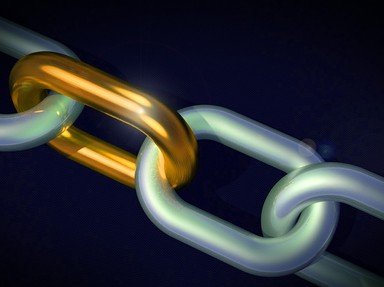Quiz Answer Key and Fun Facts
1. This scientist's achievements included contributions to the theory of radioactivity as well as the discovery and isolation of the elements radium and polonium. Who was this person?
2. This American author spent much of her life in China, and many of her literary compilations vividly depict Chinese village life. One of her most notable pieces of work is "The Good Earth." Also known by her Chinese name Sai Zhenzhu, who is this author?
3. He accidentally discovered the antibiotic penicillin when a culture of staphlococci bacteria became contaminated by a penicillium mold. Who was this scientist?
4. This humanitarian and environmentalist was the 45th Vice President of the United States and a former United States senator. Taking an active stance on the issues of climate change, this person authored "Earth in Balance" and "An Inconvenient Truth." Who was this person?
5. In 1953, who discovered the double-helical structure of deoxyribonucleic acid, helping to pave the way for modern genetics?
6. This author is known for depicting the plight of migrant workers, particularly during the time of the Great Depression. Literary acclaim has been received for several works, including "Of Mice and Men" and "The Grapes of Wrath". Who was this person?
7. This scientist has been named the father of nuclear physics. His accomplishments include the discovery of radioactive half-life and the discovery of the proton. Famously, he postulated a model of the atom through his gold foil experiment. Who was this person?
8. Born Agnes Gonxha Bojaxhiu, this person is known for her missionary work among the impoverished and the sick. She established the Missionaries of Charity in 1950, which has become an international religious congregation and has provided relief worldwide. Who is this person?
9. This scientist postulated the exclusion principle, stating that no two electrons can occupy the same state or set of properties. This principle was instrumental in the development of the electron spin theory. Who is this person?
10. The answers to questions 1-9 are all people who have a common bond. Their notable achievements have led them all to become recipients of what award?
Source: Author
jbogacik
This quiz was reviewed by FunTrivia editor
Exit10 before going online.
Any errors found in FunTrivia content are routinely corrected through our feedback system.


